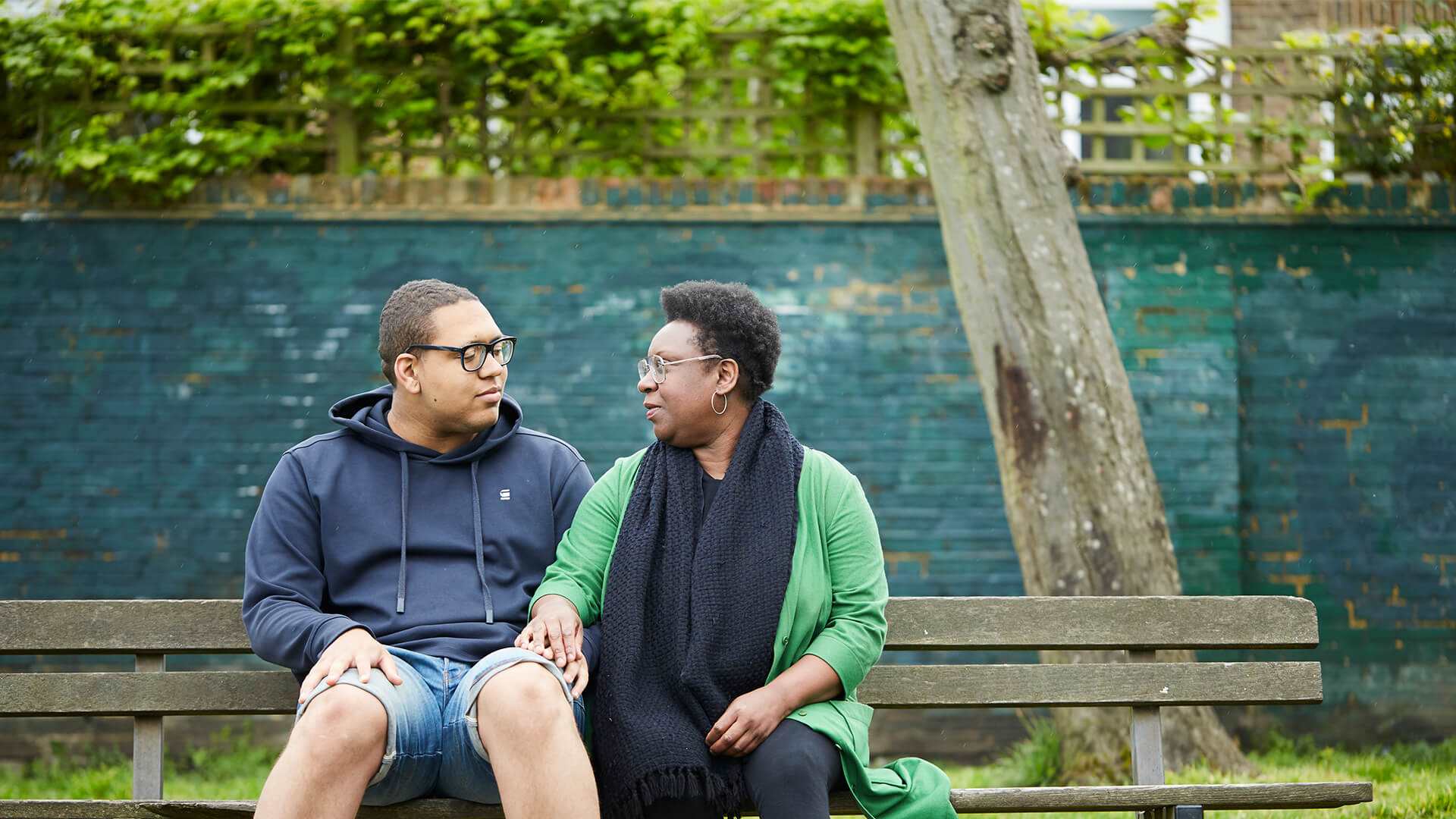
Exams are a stressful time for any young person
Mood swings and outbursts are more likely to occur during this period. Look out for other signs that your child may be struggling, including poor sleep patterns or a change in appetite or behaviour.
It’s worth preparing ways of supporting your child during exam weeks and thinking about how you will react and respond on the day if they don’t get the result that they, or you, are hoping for.
Things that can really help
- Work with your child to find what revision style works for them.
- Encourage your child to take revision breaks and find a balance between studying and doing things they find enjoyable and relaxing.
- Make sure they are eating and drinking at regular intervals.
- Encourage them to take some time after revising to wind down.
- Reassure them – reinforce that you are and will be proud of them no matter what happens.
- Remain positive and hopeful!
- Plan a treat or an activity together to mark the end of the exams.
- Set aside one to one time so that they can talk to you about any worries.
- Let them know their feelings are valid and normal, but also offer support and solutions where possible.
- Anxiety is often worst at night and this means it is useful to encourage a good bedtime routine.
- Work with them to develop relaxation techniques.
- If anxiety and stress start impacting their day-to-day life, seek help from your GP.
How can the school help?

- Speak to your child's teacher(s) to find out what revision techniques they recommend.
- If your child is struggling with a specific subject, talk to the relevant teacher and explore whether they can provide additional help.
- Find out if the school has learning mentors that can help with practical steps including revision timetables.
- If your child has additional learning or developmental needs, speak to the school SENCO and establish what specialist provision they can put in place.
How to manage a 'disappointing' results day

If your child is unhappy with their exam results it can be tough to deal with. Here are some things that can help:
- If your child is happy to show you their results statement, you might find it helpful to have a look, just in case they have misread or misunderstood, or overlooked something.
- Accept their feelings, whatever they are – disappointment, anger, embarrassment, bravado. Their feelings are neither right nor wrong, they just are. Don’t offer immediate judgement, or solutions, or even reassurance – there will be plenty of time for conversations later.
- Reflect back how they are feeling to show you have understood, for example, “I can see you’re disappointed with the Maths result.”

- Let them know you love them through highs and lows. Big hugs are good (although probably very embarrassing in public).
- Show you’re on their side - it could be something small like getting their favourite snack.
- Give yourself some breathing space and time to reflect.
- Ask the school to help your child explore any possible next steps, such as re-takes, re-marking or alternative courses.
- If your child is disappointed with their results, they might also be embarrassed. Agree with your child how they want their results discussed with family and friends, if at all.
Where to get help
Useful helplines and websites:
-
Student Minds
Supports students to look after their mental health by providing information and advice.
They also provide details about local services offered by universities and information on how you can access support group programmes.
You can call or email for more information (this is not a helpline).
-
Exam Results Helpline
Provides careers advice to help young people and their families decide on options following GCSE, A Level and Nationals results days.
Usually available through August. Opening days and hours may vary each year - check website for details.
If you live in Scotland, call 0808 100 8000.
-
National Careers Service
Provides information, advice and guidance to help young people make decisions about learning, training and work.
Webchat available via the website homepage.
- Opening times:
- 8am - 10pm, 7 days a week
-
Student Space
Provides mental health support to students.
Find what support is available at your university here.
Webchat service available.
- Opening times:
- 4pm - 11pm, 7 days a week
-
The Mix
Offers support to anyone under 25 about anything that’s troubling them.
Email support available via their online contact form.
Free 1-2-1 webchat service available.
Free short-term counselling service available.
- Opening times:
- 3pm - 12am, seven days a week


